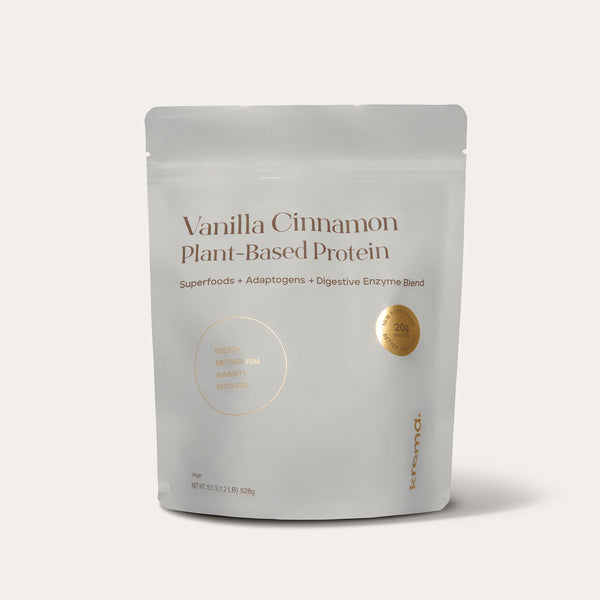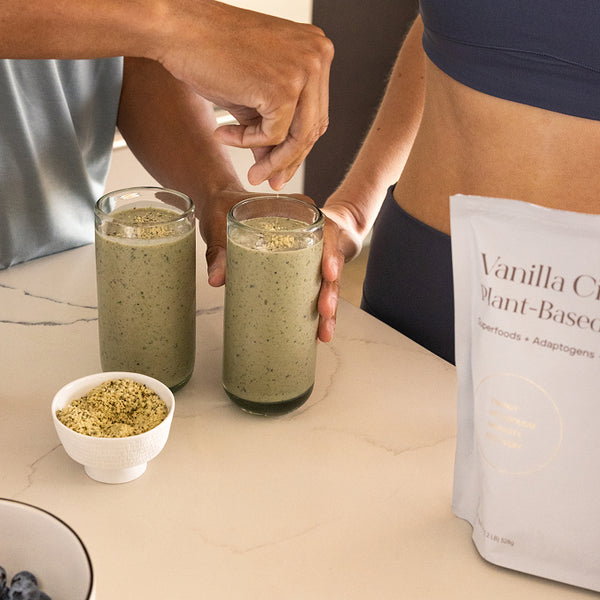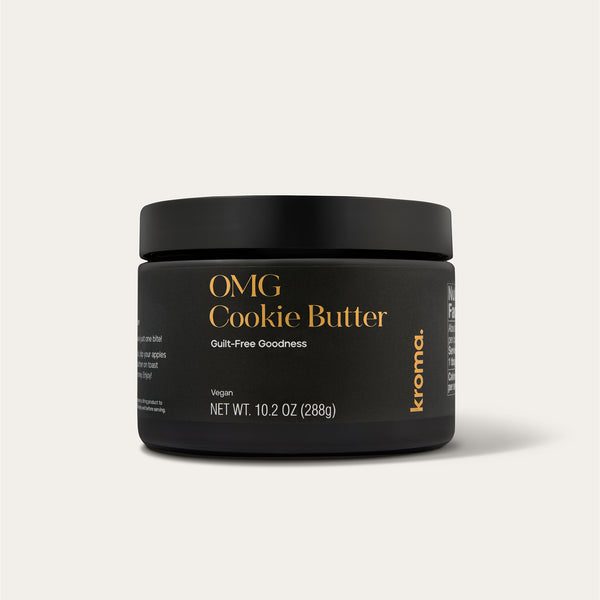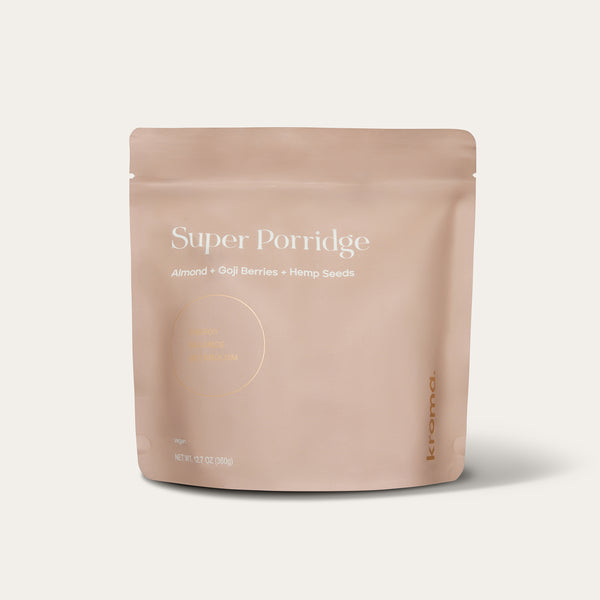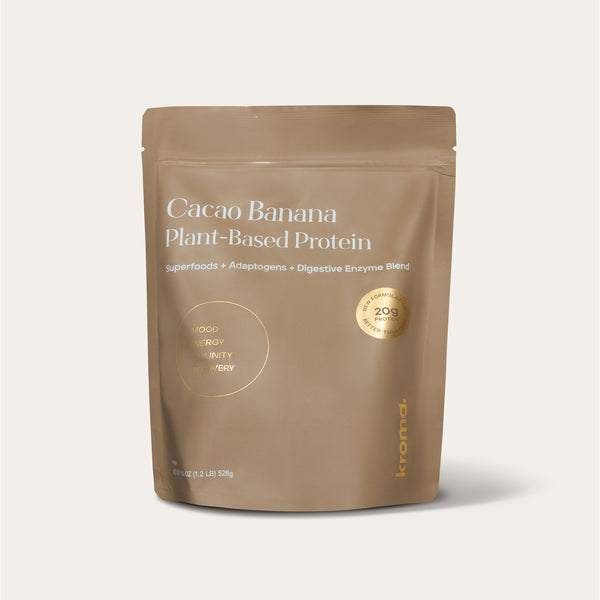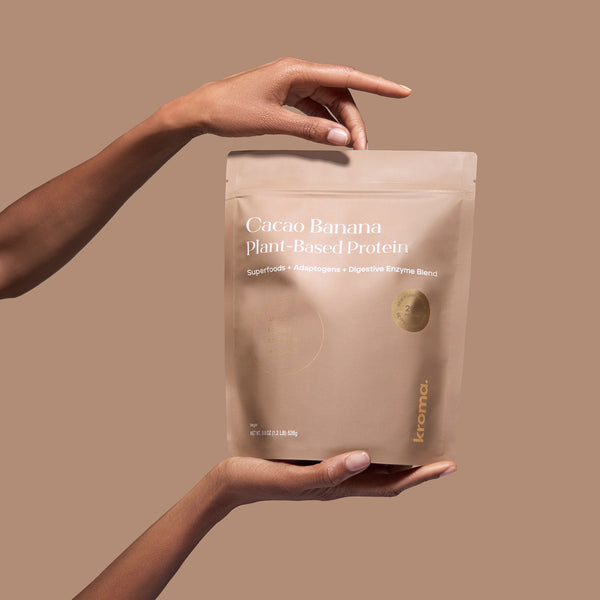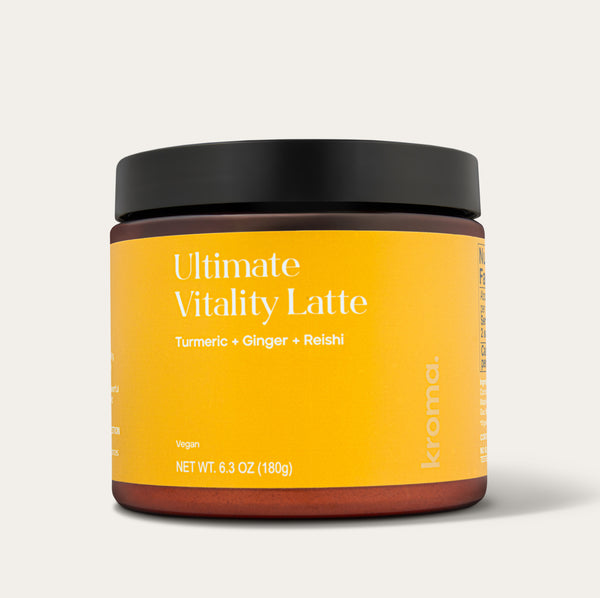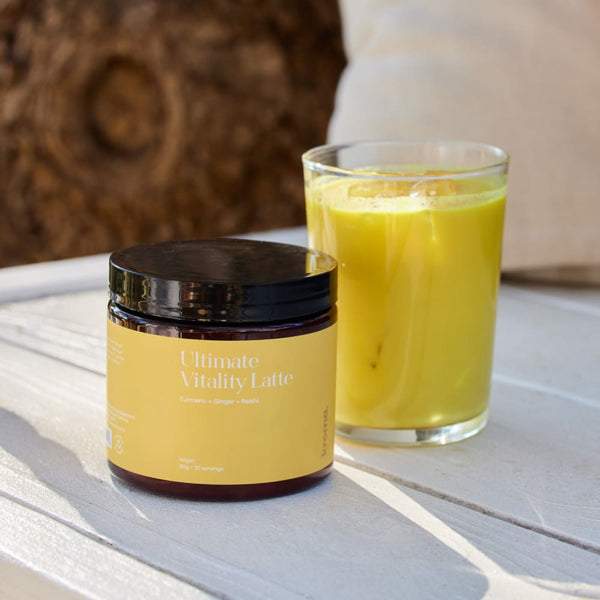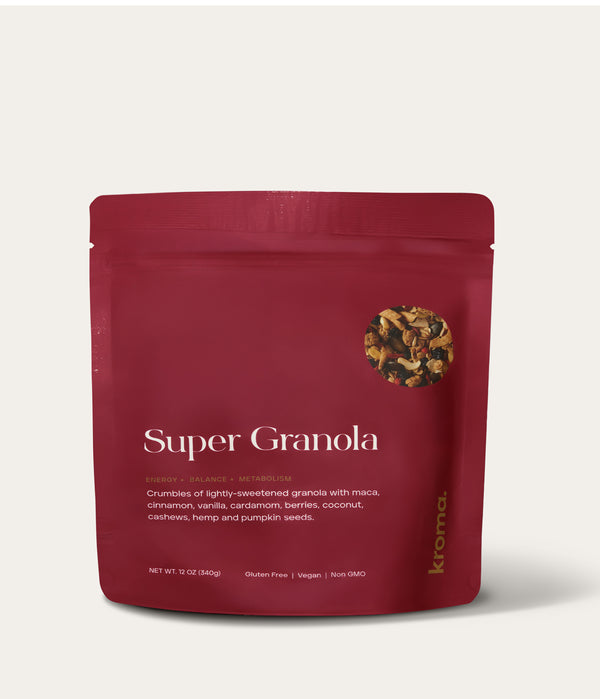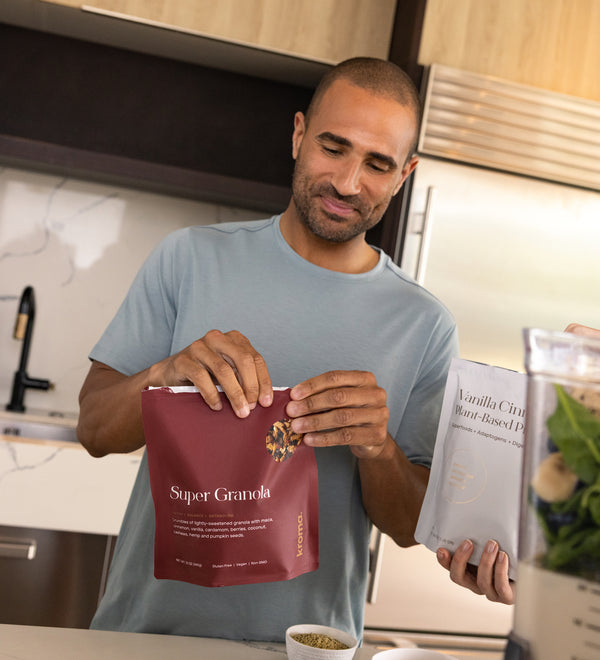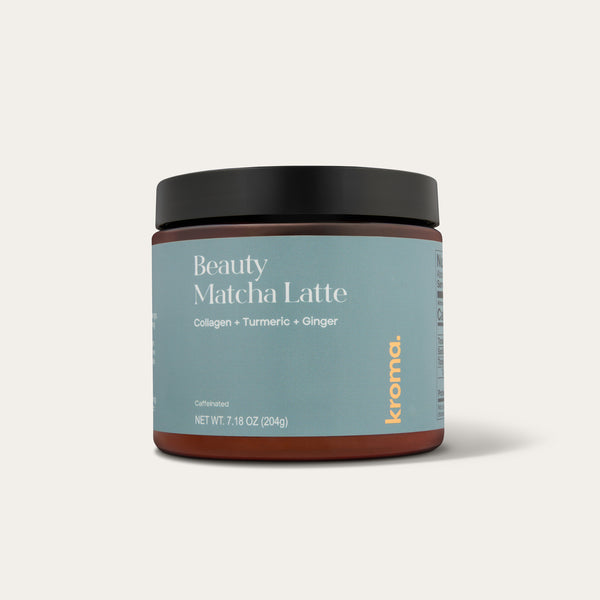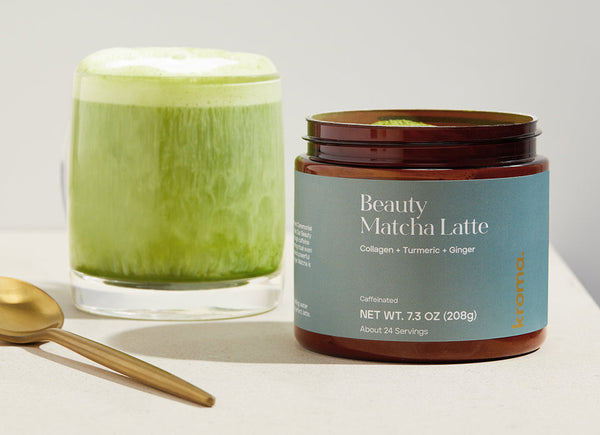Have you been looking for a new way to increase the sweetness in your life without adding ingredients that can work against your wellness? Lucuma may just be your new sugar alternative. We have been learning more and more about lucuma, and we are ready to sing its praises.
Although lucuma, or the “gold of the Incas,” has been used since ancient times, we are just starting to understand its superfood powers. Native to Peru, it is very difficult to grow this plant in many other places. Luckily for us, lucuma powder is becoming more available outside of Peru, making it easy to add this superfood to our daily regimen.
Once we understand more about what lucuma is, where lucuma comes from, what it tastes like, and the multitude of lucuma benefits, we can discover ways to add it to our diet.
What Is Lucuma?
Native to Peru, lucuma is a fruit tree. The fruit, or “gold of the Inca,” resembles the shape and size of an avocado or mango but, as its nickname hints, has a rich golden color.
Unlike most fruits, the lucuma is not juicy and instead has a dry and meaty texture, much like the yolk of a hard-boiled egg. While you can eat this fruit raw, discarding the skin and seeds, it is usually sold and consumed as a powder. Due to its sweet flavor, lucuma powder is often used as a sugar substitute.
Where Did Lucuma Originate?
Lucuma is an ancient plant found in high, dry elevations, mainly in Peru. This plant can also be found in western Chile and even less often in Ecuador.
Archaeologists have found the lucuma plant on ceramics in burial sites of indigenous people in this area. Until recently, this plant was greatly unknown by anyone outside of its main region. Some have tried to grow this plant in other areas with little success.
How is Lucuma Usually Consumed?
One of the most common forms of lucuma consumption is in powder form. The fruit is dried and ground into a fine powder, which can be used as a natural sweetener or flavoring agent in various dishes. It's often added to smoothies, desserts, and baked goods.
What Are the Nutrition Facts of Lucuma Powder?
The exact nutritional content of one tablespoon of lucuma powder can vary slightly depending on factors such as the brand and specific processing methods. However, here are approximate nutrition facts for one tablespoon (about 15 grams) of lucuma powder:
- Calories: Approximately 50 calories
- Carbohydrates: Around 12 grams
- Dietary Fiber: About 2 grams
- Sugars: Roughly 7 grams
- Protein: About 1 gram
- Fat: Less than 1 gram
- In terms of micronutrients, one tablespoon of lucuma powder may contain trace amounts of vitamins and minerals, including vitamin C, calcium, and iron, though the exact quantities may be negligible at this serving size.
What Are the Benefits of Lucuma? Top 4 Lucuma Benefits
With its sweet taste, lucuma is quickly becoming a popular sugar replacement. As a whole food, lucuma doesn't have the negative side effects that overly-processed, artificial sugar replacements may give you. You also don’t need to worry about a strange aftertaste from lucuma like you would from an artificial sweetener.
Not only is lucuma a great sugar replacement because of its delicious taste, but it is also a superfood that provides an abundance of nutrients and antioxidants that can support heart health, metabolism, and overall health. Lucuma powder is an easy way to add these benefits into your normal daily routine.
1. Lucuma is Packed with Nutrients and Fiber
Like all superfoods, lucuma is full of nutrients and fiber, which provides optimum health benefits. This “gold of the Incas” is full of B vitamins, calcium, vitamin C, iron, and phosphorus.
Not only is it high in nutrients, but it's loaded with fiber. Fiber is important to:
- Feed healthy gut bacteria
- Support digestion
- Combat gut inflammation
By supporting healthy gut function, you will reap the benefits throughout your whole body. If your gut is healthy, the nutritious food you eat is more efficiently digested and absorbed, and your body can take those nutrients and use them for other functions in the body.
2. Lucuma is Rich in Antioxidants
Antioxidants fight free radicals and protect against oxidative stress. Free radicals are molecules with an uneven number of electrons. They are a natural byproduct of chemical reactions in the body, like digestion, but some foods, like sugar, can generate more free radicals.
It is when free radicals get out of balance in the body that they become an issue. That is where antioxidants come in from foods like lucuma. Antioxidants will give free radicals one of their electrons without becoming free radicals themselves.
Antioxidants are most abundant in fruits and vegetables, and lucuma is no different. This powerful fruit is rich in antioxidants, as opposed to sugar, which can create free radicals. By making a simple switch from sugar to lucuma, you will arm your body with antioxidants instead of overpopulating it with free radicals.
3. Lucuma Supports Metabolism
Sure, most of us think metabolism and weight loss go hand in hand, which is true, but your metabolism is responsible for a lot more. Metabolism is actually the body's process of using energy and burning calories. Your metabolism never stops. It is constantly converting food into the energy it needs to run all of your bodily functions, even when you sleep.
Due to the high levels of fiber in lucuma and its benefits to gut health, lucuma is a powerful metabolism supporter. With proper gut function, your body is more equipped to metabolize the nutritious foods you eat and give your body the energy it needs. It can also help with weight loss when added to a healthy diet and exercise routine if that is a health goal you are looking for.
4. Lucuma Supports Heart Health
One of the worst things for heart health is sugar. Sugar creates free radicals in your body and also causes your body to spike insulin, both issues that can cause problems with heart health.
By using the superfood sugar alternative lucuma, you are eliminating the sugar and the potential harm it creates, not to mention avoiding the body-wide inflammation sugar can cause.
What Does Lucuma Taste Like?
Fresh lucuma tastes similar to a delicious sweet potato, with notes of maple syrup and caramel, but can leave a strong aftertaste.
When the fresh fruit is turned into the more widely known powder, it maintains those sweet maple and caramel flavors. The powdered version leaves no aftertaste.
As far as relating it to sugar, lucuma tastes more like brown sugar than white sugar.
What Recipes Can I Make with Lucuma?
There is more and more research coming out about the negative effects of sugar and artificial sweeteners. Using a natural sugar alternative like lucuma can increase your overall nutrition without any flavor loss. Here are a few recipes to start with:
Gluten-Free Desserts and Baked Goods
While Lucuma may have the texture of white sugar, the lucuma taste is closer to brown sugar. When using Lucuma as a replacement for sugar in baking, you will need to use a 1:2 ratio of sugar to Lucuma. If you need half a cup of sugar, you should use one cup of Lucuma.
This is an area where you may have to do some experimenting. Lucuma doesn’t absorb water the same way sugar does, so you may need to add more liquid. Baking is a science, so if you are a novice baker, you may want to use a previously tested recipe using lucuma to get more comfortable with this ingredient.
Coconut Yogurt
Did you know you can make your own coconut yogurt? As an added bonus, it is dairy-free and needs only two ingredients.
First, you need coconut milk from the can, then add in your probiotic powder. Once you have these two ingredients, which are all you need, you can get creative with flavoring. You can add lucuma to increase sweetness and introduce extra nutrients. For extra flavor, you can also add in a little bit of fresh fruit, cinnamon, or organic vanilla bean.
This is also great to leave plain — simply add your favorite berries and muesli to the top when you are ready to enjoy.
Gluten-Free Oatmeal
Let’s be honest, even when we are trying to keep our lifestyle as healthy as possible, plain oatmeal can get very boring. You can bring back a lot of flavor to your oatmeal by adding lucuma to give it a little sweetness. This is also a great place to add other superfoods like berries, nuts, and seeds.
When looking for the best oats, always look for gluten-free. Oats are naturally gluten-free, but when they are processed in facilities with gluten products, they can be cross-contaminated. To make sure your oats are the purest, look for gluten-free on the packaging.
Smoothies
We love simple, nutritional, on-the-go options for busy days. The one thing that comes to mind that could not be easier or more nutritional is a smoothie.
Smoothies can be a blend of fruits, leafy greens, and your favorite nut milk or water. Mixing fruit with leafy greens will help eliminate some of the bitterness of spinach and kale, but adding lucuma will add that extra pop of sweetness that you are missing.
Matcha
Matcha has become a very popular way to start the day instead of coffee. There are a lot of nutritional benefits to matcha, but it can tend to be a little bitter, so most people like to add a little sweetness to their morning cup.
Lucuma is a great way to add sweetness and nutritional value to matcha. Interestingly, matcha and lucuma have a lot of the same health benefits, so they are a great pair.
Lucuma vs. Monk Fruit: Which Natural Sweetener Is Better?
In the realm of natural sweeteners, the decision between lucuma and monk fruit rests on your taste preferences and health goals. Lucuma brings a subtle maple-sweet potato flavor along with antioxidants and nutrients, ideal for those seeking a low glycemic option. Monk fruit, with its calorie-free sweetness derived from mogrosides, suits individuals pursuing a sugar-free lifestyle or managing diabetes. Your choice between these two unique sweeteners hinges on whether you prioritize the nutritional goodness of lucuma or the sugar-like taste without calories in monk fruit, aligning with your culinary needs and well-being aspirations.
The Bottom Line
At Kroma Wellness, finding healthy, easy ways to bring functional foods into daily life is our passion. We love lucuma powder for its ease of use and high nutritional value.
With all of the positive health impacts of lucuma, from its abundance of nutrients and antioxidants to its heart health benefits (as well as its metabolism-boosting properties!), it is easy to see why lucuma is a superfood. With its sweet flavor, it is the sugar alternative we have been looking for. You can add lucuma powder to anything you would use sugar in, from desserts to your morning matcha.






